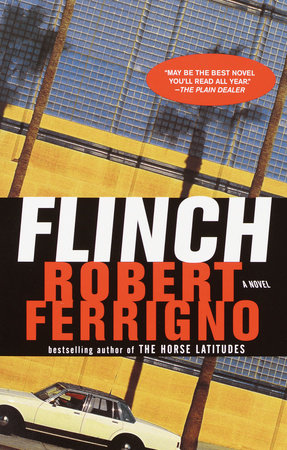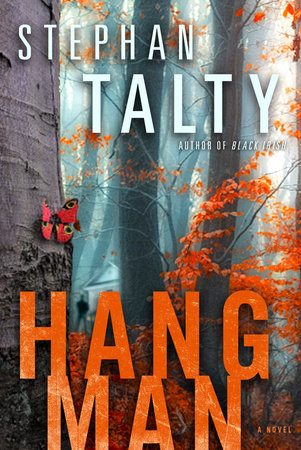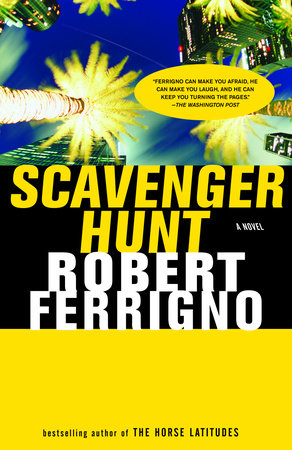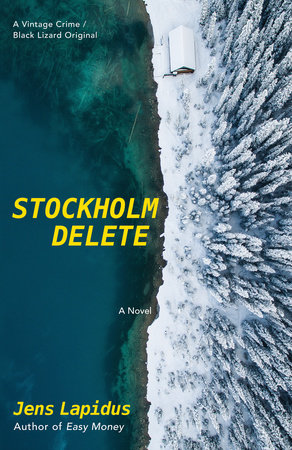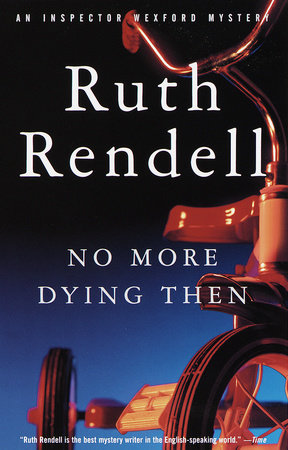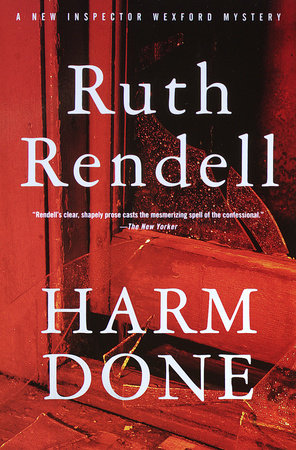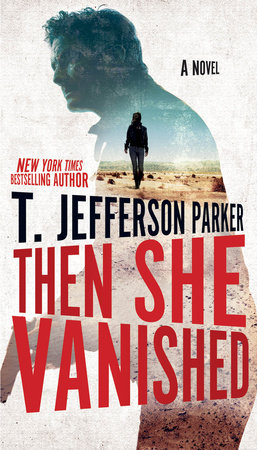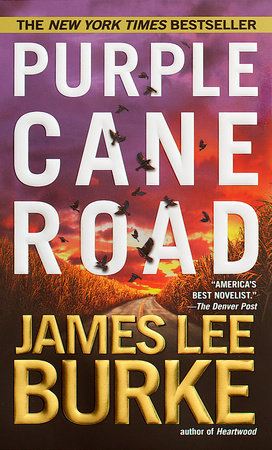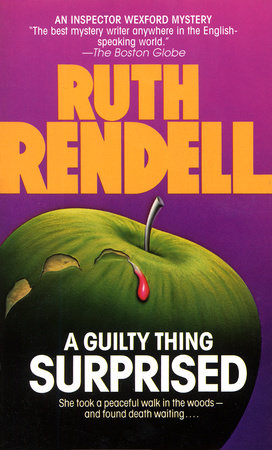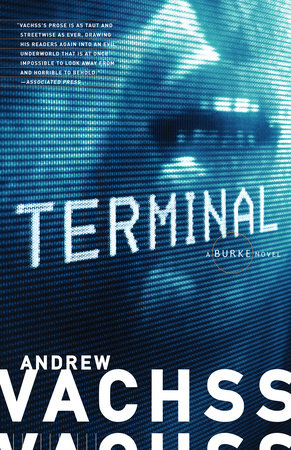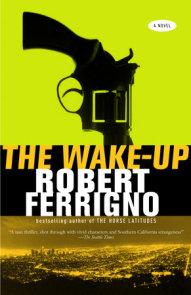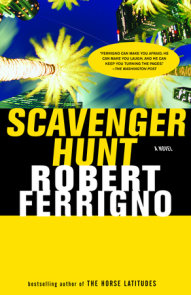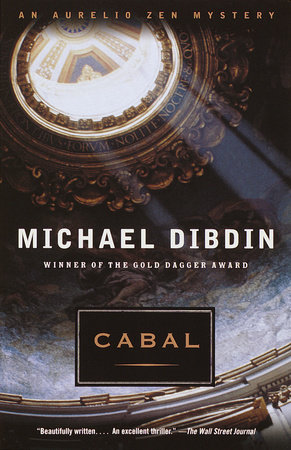Author Q&A
A Conversation with Robert Ferrigno
Q: First, a little background: you earned a degree in Philosophy and then wrote poetry. It would seem like a fairly radical shift to start writing noir thrillers — how did that change come about?
A: Not as radical a shift as you might think. I studied Philosophy out of a desire to make sense of the world and of myself–I was never interested in becoming a professor. Writing novels allows me to struggle with the same moral questions that interested me the most in school, i.e., what is our responsibility to our friends and family? Can doing good be doing harm? When is violence justified? Who are the true criminals? My heroes are always morally tainted, uncertain of the location of the higher ground, their wits and their sense of humor all that stands between them and the abyss. Giving up poetry was easy. When I was in college I got second place at the Southeast Poetry Festival. James Dickey awarded me my prize and told me, "son, you can really write." My prize was the paperback of Dickey’s collected poems. First place got the hardback version. I knew then, I better go into something where excellence paid off a little better.
Q: Your first major newspaper job was as a feature writer at the Orange County Register, and you got the "adventure-and-new-money beat"–was that a good thing? Did that assignment provide any inspiration (or time) for the writing of one of your previous books, THE HORSE LATITUDES?
A: Being a feature writer was the next best thing to being rich and crazy. I flew with the Blue Angels, drove race cars, went on week long paramilitary adventures with gun nuts and interviewed everyone from strip-club hot-oil wrestlers to retired Joint Chief of Staff Curtis Lemay. I learned to absorb these experiences and personalities, the sounds and sensations, the speech patterns and dress, the way my subjects held their cup of coffee or tilted their head when they thought, all the bits and pieces that reveal character. I used it all.
Q: What makes Southern California such rich territory for your imagination?
A: Southern California is the epicenter of a certain sleek, cutting-edge cool, a place of vast ambition and no interest in working for it. My kind of place, my kind of people. Just as the most dangerous creatures in the ocean are the brightest and most gaudy, L.A. provides a panoply of equally beautiful, amoral types –valet parking attendants offering the latest designer drug or their latest screenplay to their Range Rover clientele, cocktail waitresses debating whether starring in a porno movie or dating a cable-TV development executive would be more useful, "speaking, like career-wise." I also like the auditory mix of Southern California, the amalgam of surf lingo with Black street slang, the mix of Hollywood hype and homeboy Spanish.
Q: In FLINCH, the relationship between the two brothers, Jimmy and Jonathan, is so complex and twisted, and yet so believable, that readers are going to wonder how you came up with it. Do you have brothers or did you just make it all up?
A: Well, like Jonathan, I’m the older brother in a complex, twisted
relationship with my brother, James (I know, I know), and like the two
brothers in FLINCH, James and I are opposites, envious and repelled by
aspects of the other which we lack. I wanted to explore the love-hate
relationship that so many brothers have, particularly the erotic tension when
they both are attracted to the same woman. That’s the simple explanation, but
I think the subtext of FLINCH is what happens when a family member commits a
crime of violence. First, you’re surprised, of course, then you think about
it some more, and you’re not so surprised, and sometimes you’re left
wondering if you share more than blood. About ten years ago my father was
arrested, charged with attempted murder after shooting a man in the face with
.357 magnum at point-blank range. Only the fact that my father was 65 years
old at the time, and his hand shook slightly, caused the bullet to shatter
the man’s face without killing him. The crime caused me to question my own
morality, my own sense of family loyalty, and ultimately brought me closer to
my father than I had been in years. This adds an extra spin to the Jimmy and
Jonathan story which I wanted to make the most of.
Q: The three women in FLINCH–Jane, Olivia and Pilar–are not just
strong, unique characters, but are crucial elements of the book. How do these
women, and women in general, fit into your conception of a crime thriller?
A: I always like to have an unfolding love interest in my books, just to amp
up the tension and make things more complicated. It’s also a great way to
make my male protagonist, no matter how capable in terms of crime and
punishment, feel that he’s in over his head. In FLINCH I have a love interest
(Olivia) that Jimmy has lost, and a love interest (Jane) that is growing. Two
for one. I like the contrasts between these two women that Jimmy is so
attracted to: Olivia who is wild and free but has given it up for the
comfortable domesticity of a marriage to Jimmy’s successful brother, and
Jane, who is ostensibly a proper, by-the-book detective, but behind closed
doors has a drinking problem, and a passion for justice matched only by her
attraction for Jimmy. Pilar is one of my favorite characters. She’s a crook
with a moral streak, an entrepreneur, a seller of hot merchandise, and a
woman you don’t want to cross. I had originally thought of her as a
one-chapter character, just a stand in to move the plot forward, but I fell
in love with her the moment I saw her with her feet up in her living room,
holding an olive jar containing a human finger in one hand, while eating an
orange from her back yard. The confluence of violent retribution represented
by the severed finger, and her nurturing a back yard full of fruit trees
touched my heart.
Q: The Hollywood scene permeates FLINCH, from Jimmy’s work as a film critic, to characters who are film makers or fans. How important is Hollywood to your vision of Southern California and why?
A: Hollywood is crucial to my depiction of Southern California, not just the
movies, but the theatricality and excess that is the essence of L.A., the
emphasis on alluring surfaces and back-lot facades. The first chapter of
FLINCH takes place at a professional wrestling match, with all the attendant
hype and bluster and real action, and this is as much a Hollywood moment as
the latest blockbuster. Hollywood is a state of mind, not a geographical
location, the land of the great hustle, a place where anything is possible,
reinvention is constant, and no one believes anyone.
Q: Speaking of bad guys…you’ve got quite a collection here: Great White, the 300 pound white-supremacist who paints beautiful watercolors and asks people he’s strangling what they see on the other side; Macklen, a crippled thug whose canes are more deadly than a gun; Blaine, the sweet-faced teenage enforcer who almost breaks Jimmy’s back and then apologizes to him and asks for his autograph. Where do you find these characters?
A: I use bits and pieces of people I’ve known and make the rest up. As a
reporter for seven or eight years in Southern California, and I met all
types, but the ones that affected me the most were the tough guys with
dreams. Not just ambitions, dreams. Great White, who has killed a lot of
people, killed them up close and personal, truly does want to know if there
is life after death. When he’s not on the pages of FLINCH, I imagine him
going to past-life regressions and reading Shirley McClaine. Blaine, the
teenage enforcer, is capable of snipping off a man’s finger to make a point
about paying ones debts, but he also has dreams of becoming a professional
wrestler, and meeting the Rock. In L.A., this is not an uncommon fantasy. I
once accompanied an auto repo man on a 3am run in a bad part of town–
one minute he was casually breaking into locked garage for a hookup, the next
we were racing away while he sang me his latest country and western
composition. For all I know, he could be the toast of Nashville by now, or
long dead, shot by an angry Porsche owner who missed a couple payments and
still wanted his ride.
